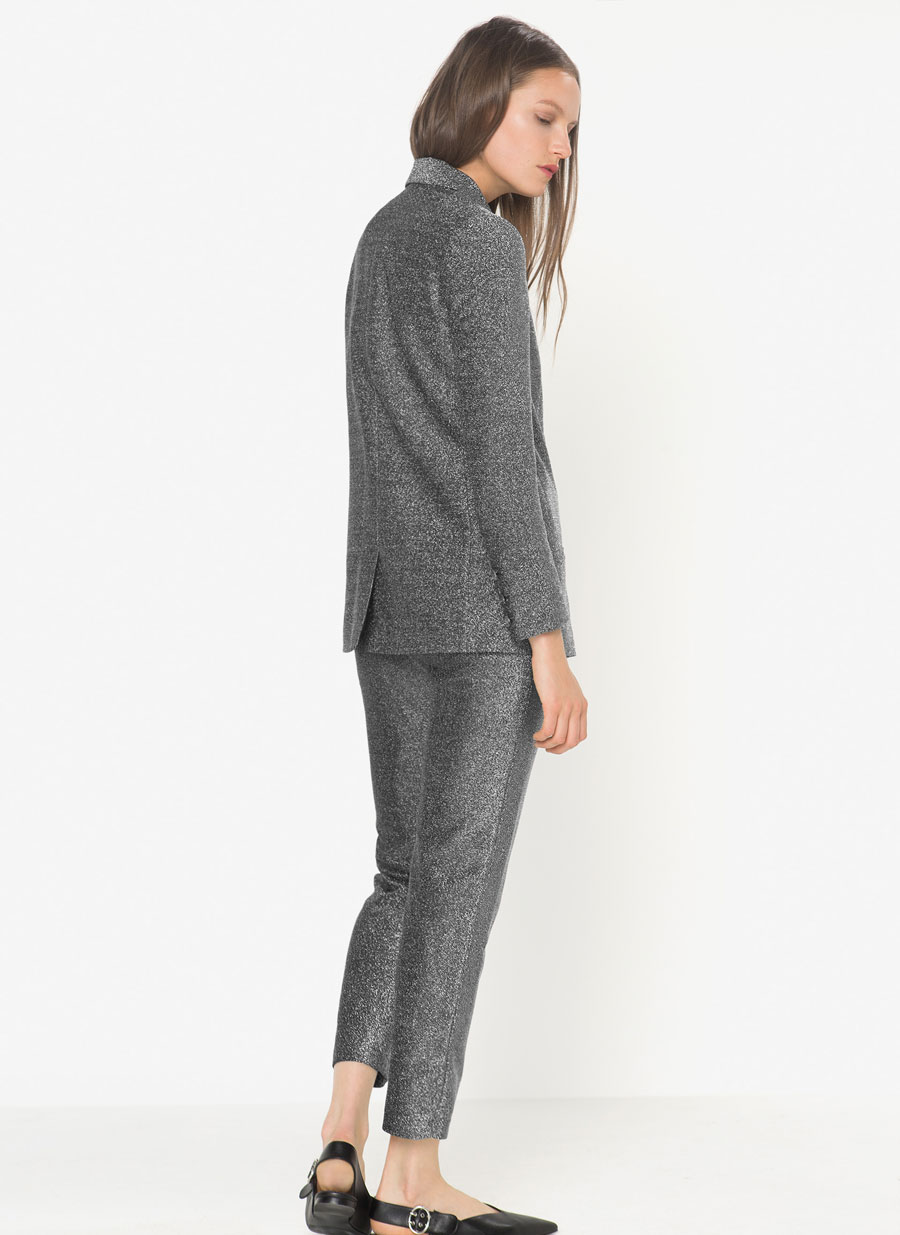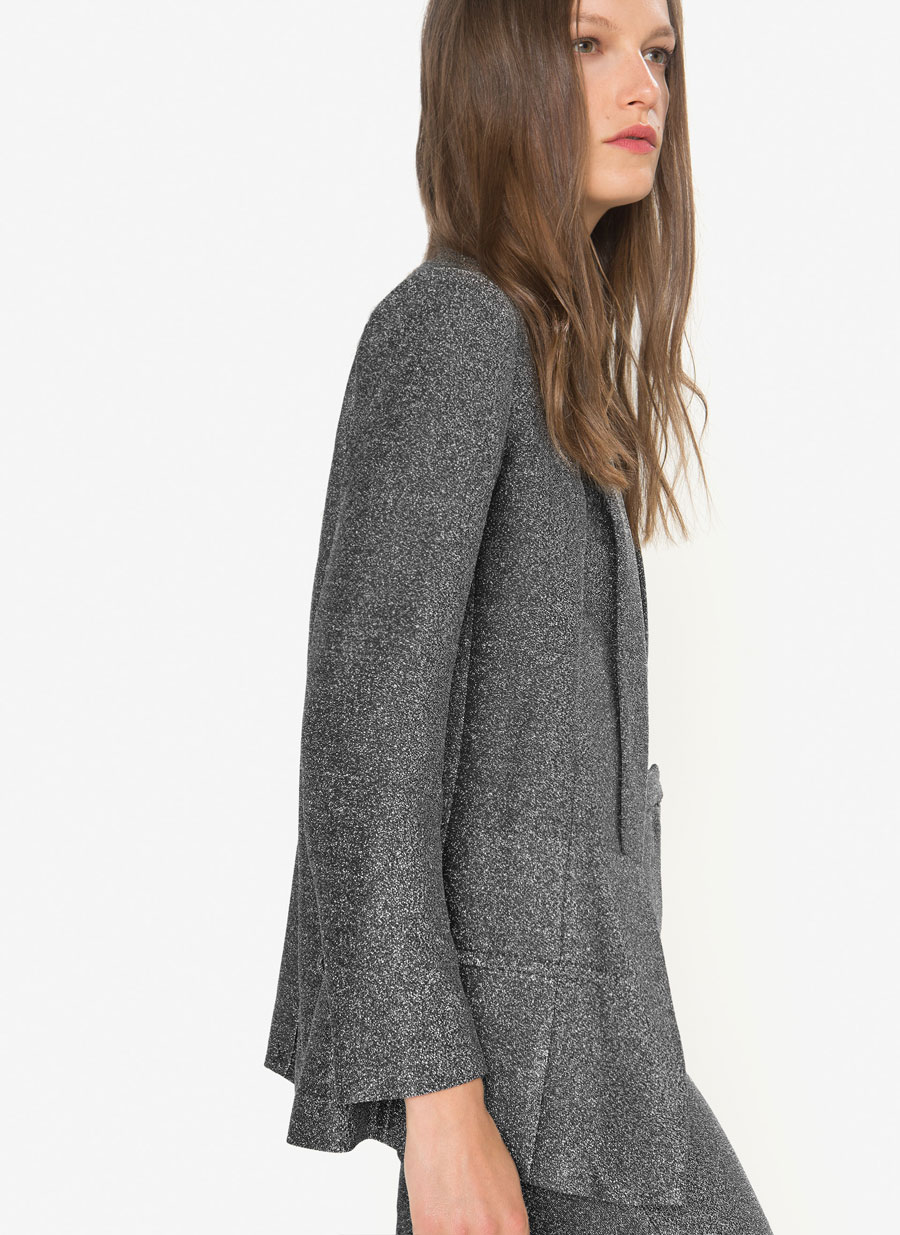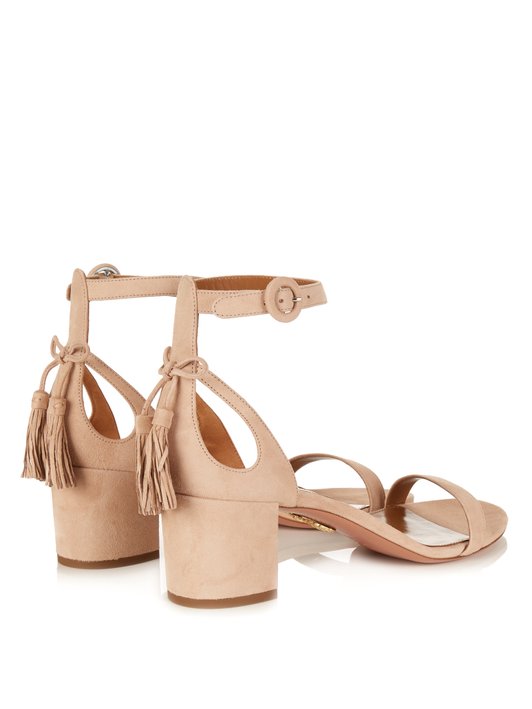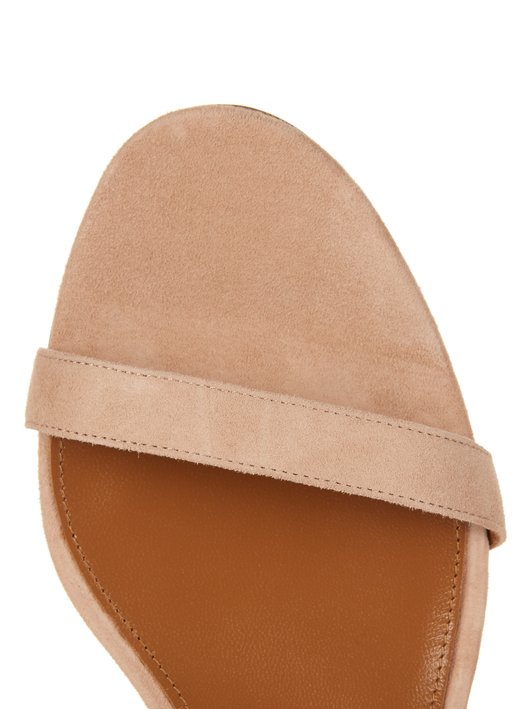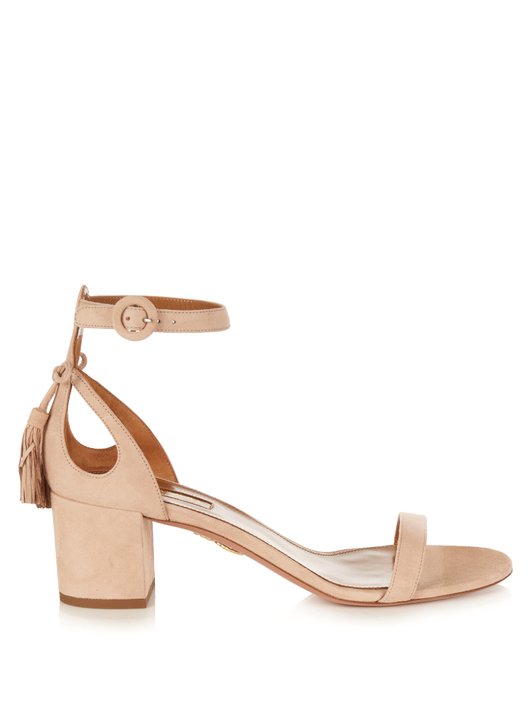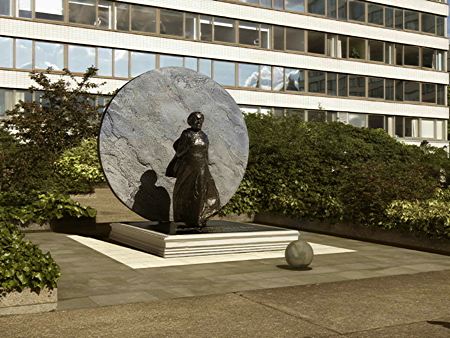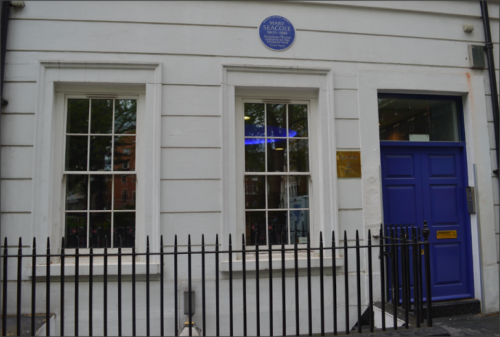A memorial statue believed to be the UK's first in honour of a named black woman has been unveiled in London.
Mary Seacole was a Jamaican-born nurse who cared for wounded British soldiers during the Crimean War in the 19th Century.

The statue's completion follows
a 12-year campaign which raised £500,000 to honour her.
Tottenham MP David Lammy said it was a "seminal moment for Londoners, and for the black community particularly."
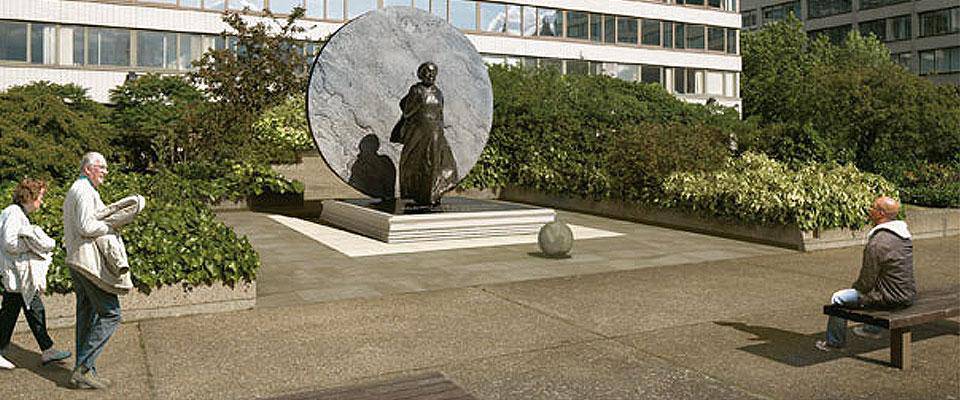
Actress and broadcaster Baroness Benjamin unveiled the statue.

Emeritus Professor of Nursing Elizabeth Anionwu said the unveiling was "extremely significant" because it was believed to be the first memorial statue of a named black woman in the UK.
"For somebody like myself, a nurse of mixed heritage - Mary was Jamaican-Scottish, I'm Nigerian-Irish heritage - there's a link there.

"I have an eight-year-old granddaughter, and at last youngsters will be able to see a beautiful monument that they can identify with."

"Too often difference gets written out of history," said Mr Lammy.
"Mary Seacole's pioneering work saved lives and people of all backgrounds can draw inspiration from the fact that her achievements have finally been recognised."
'Aid and succour'
The statue was created by sculptor Martin Jennings and stands opposite the Houses of Parliament in the grounds of St Thomas' Hospital.
It is inscribed with words written in 1857 by The Times' Crimean War correspondent, Sir William Howard Russell: "I trust that England will not forget one who nursed her sick, who sought out her wounded to aid and succour them, and who performed the last offices for some of her illustrious dead."
In November, Chancellor George Osborne announced the Treasury would contribute £240,000 to help pay for the installation.
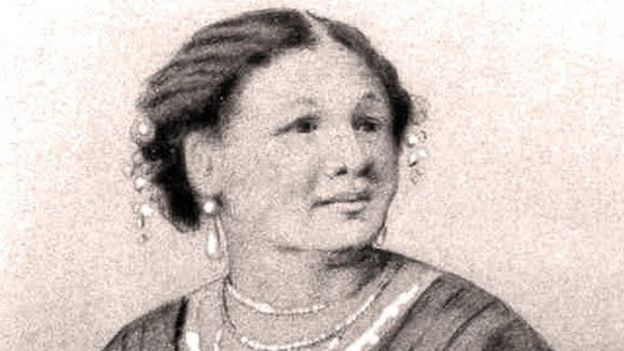
Mary Seacole 1805 - 1881








